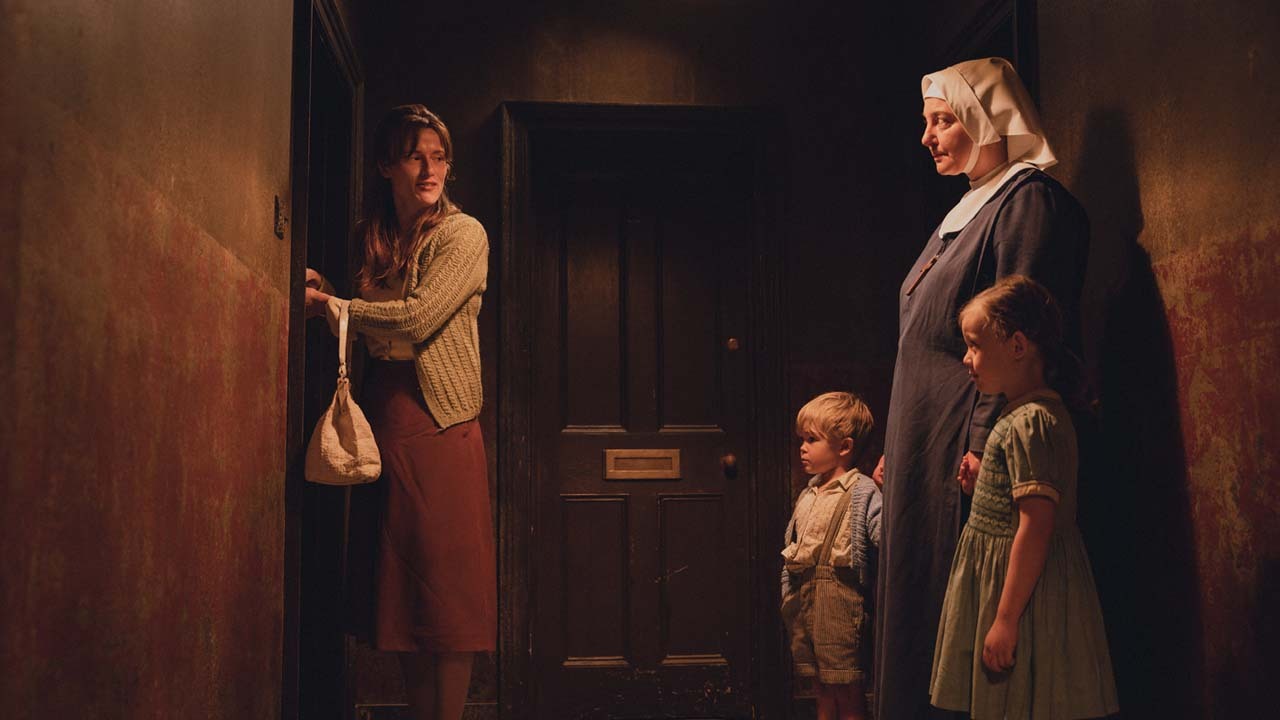
In this week’s episode, the issue of marital rape is heartbreakingly explored. Sandy Talbot’s experience of violent sexual assault reflects the violent experiences verbally relayed to me, too often, by women I have cared for over the years. This kind of assault is an angry weaponization of sex to punish and control. It is an unrecognized injustice too well tolerated.
Acceptance of marital rape is hardly an ancient historical event. Rape within a marriage was considered legal in Britain until a landmark case in 1991 followed by the Sexual Offences Act 2003, which officially defined marital rape as sexual assault. In the United States, marital rape did not become illegal nationwide until 1993. Since the 1970’s and over the decades, I recall news coverage of marital rape cases with the debate and arguments regarding rights of women and wives to bodily autonomy. Even to this day some states still treat marital sexual assault differently than other rape cases, offering immunity under some circumstances. There are still 36 countries, like India, where marital rape is still not considered a crime. In 2023, the attack on women’s bodily autonomy remains rampant.
If you read my first two blog entries for this season, you know I had lots to get off my chest. I’ve been sensitive to injustice ever since I can remember and as a 15-year-old female contemplating a launch into a world of turmoil, I remember a lot from 1968. It was a year of great social change, division, and unrest in America. I’ve not been a specific target of great injustice, if you don’t count the unsuccessful rape attempt, decades ago, by a stranger breaking into my home. But I do have a strong empathy gene. My parents were not activists, but they were kind people who taught me and my siblings to do the right thing. Being fair to others was and is a social responsibility. My father was an admirer of Eisenhower, war hero and president. As such he was a proud Republican, which meant something very different in 1968 than now. He got flack for hiring the first woman and then the first Black person into his engineering department at Ford Motor Company in late 1960s and early 1970s. The decision wasn’t political, and he bravely spoke out to his critics. “I simply hired the best person available for the job which was the logical and right thing to do.” His America was home of the free and land of the brave.
I took that logic with me into the world. As my nursing and midwifery career spanned over forty years, I saw lots of positive changes in civil rights including women’s issues. It’s important for me to remember those changes when I get frustrated that we have not made further progress with racial and gender rights issues, some of which are now being relitigated. I spoke up for others when I had the opportunity. I had some moments when my courage waned, and I stayed silent. I am not proud of those times. Now that I am older, I feel I have less to lose, no employer to appease. Although I envisioned a quiet retirement, I have the urge to speak out more. Gloria Steinem said, “Women may be the one social group that grows more radical with age.” I can relate. I see a new world of justice struggling to be born. I can help midwife that new world. That requires a supportive voice and courage to speak loud enough to be heard.
In this episode, Sandy Talbot says to Sister Veronica,” When I saw you shouting, I knew I could shout too.” It reminds us of the power of speaking up. Together we can be heard. The narrator says, “The best things are earned or even fought for.” We earn rights with bravery. We fight injustice by speaking up and shouting when necessary.